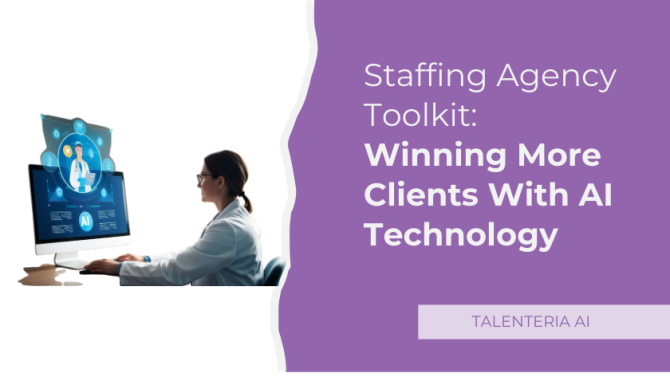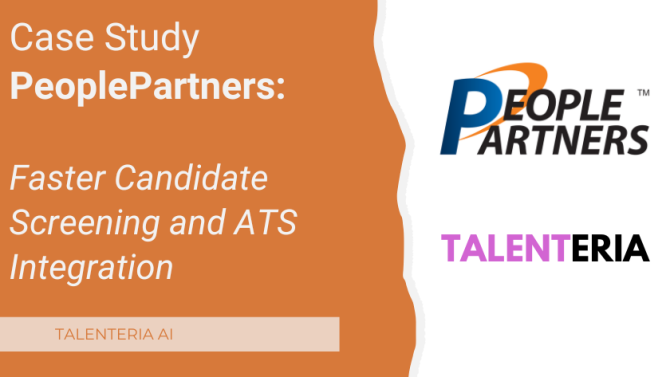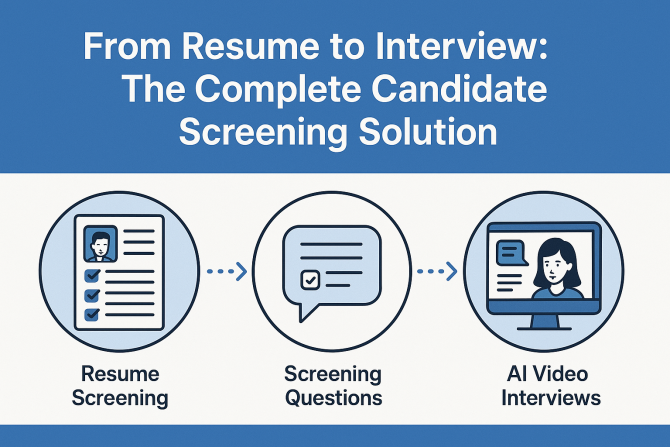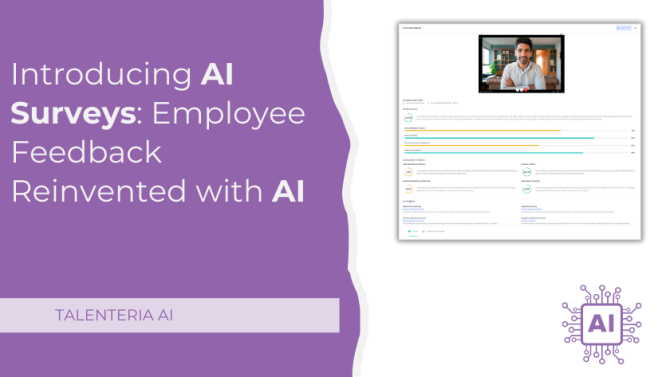
Any job position requires certain skills to get the job done. Such critical competencies vary depending on the workplace, and a job seeker can find out what they are by reading the job descriptions.
However, while many people focus on developing narrow professional skills, some do not pay due attention to broad, flexible competencies. But it is the latter skillset that often determines the effectiveness of a modern specialist. Such skills are known as behavioral competencies.
Behavioral Competencies - Definition
Behavioral competencies are a combination of qualities that enable a person to get along with people, work harmoniously with colleagues, and succeed in their career. Such skills are not only beneficial for individual growth but also have a significant positive impact on the organization as a whole.
Categories and Examples of Behavioral Competencies
What does an employer want to know about a potential employee, in addition to relevant education, work experience, and professional skills? Behavioral competencies are usually equally sought-after.
Although all behavioral competencies are important for the person’s career development, it is hardly realistic to possess all of them at once. Therefore, most employers typically select top competencies that comprise their ideal job candidate. Behavioral competencies can be divided into five major groups.
Individual Competencies
This category includes mainly personal characteristics, such as:
- Decision-making
- Confidence
- Critical thinking
- Verbal and nonverbal communication
- Communicativeness
- Flexibility
- Finding an approach to different people
- Emotional intelligence
Interpersonal Competencies
Most careers require constant interaction with other people. Interpersonal competencies define the employees’ ability to:
- Communicate with colleagues
- Work in a team
- Avoid conflict situations
- Make connections and position oneself in the team
- Follow a work ethic
- Negotiate effectively
- Maintain client focus
Motivational Competencies
Motivational skills in the workplace can be defined as actions or strategies that will elicit the desired behavior or response. This category includes essential qualities, such as:
- Self-motivation
- Prevention of burnout
- Stress-management
- Achievement orientation
- Maintenance of a work-life balance
- The ability to motivate other people
Managerial Competencies
Mastering management skills can significantly increase the leader’s competence in using both his and the organization’s resources. The competencies listed below are typically found in people with strong leadership potential:
- Growth mindset
- Task delegation
- Organizational skills
- Initiative
- Innovativeness
- Project management
Analytical Competencies
Analytical competencies imply the ability to visualize, formulate, conceptualize, and resolve challenging situations, making intelligent decisions based on the available information. Here is a list of some skills and abilities that make up this category:
- The ability to break down processes into logical parts
- The collection and evaluation of information
- Research for alternatives and solutions (brainstorming)
- The skill of summarizing information and highlighting the main points
When and How to Use Behavioral Competencies
In today’s world, behavioral competencies are essential to achieve professional and personal growth. They are considered to be of critical importance in employment, providing fast career development and high earnings.
From the managerial point of view, behavioral competencies serve as indicators of the candidate’s potential and value to the company. Tracking such skills is crucial during a variety of corporate activities, such as:
- Recruitment. The hiring process is the perfect timing to note the applicants’ strong behavioral competencies. Such practice allows employers to develop a valuable talent pool.
- Staff training. Inviting speakers and holding events that foster the staff’s behavioral competencies development is crucial for the company’s growth and productivity.
- Effective guidance. Creating a list of essential behavioral competencies for a certain job position or work environment creates clearer expectations towards the employees.
- Assessing staff members’ potential. Knowing each employee’s strengths allows managers to distribute tasks effectively, promote deserving candidates, and provide proper training.
Some people think soft skills are innate and cannot be developed. However, in fact, any person can improve them using the following tools:
- Books
- Articles
- Online and offline courses
- Training programs
Evaluating behavioral competencies in a work environment may be a challenge at the beginning. Rather commonly, their development or absence is revealed after a while, when employee performance results are being assessed. However, behavioral competencies can be developed, regardless of the time, the person has been occupying a job position.
In order to keep track of behavioral competency evaluation, it can be beneficial to use an all-in-one HR program. Talenteria is the best friend that any HR manager needs; reach out to us for a consultation.





